Hi! Everyone
I’m new to this message board and hope to chat with others. I am currently sewing a blouse and going to follow Threads “Aligning the buttons” on page 26 of issue #115. Wish me luck.
I welcome suggestions as to the issue of “horizontal or vertical” on the blouse. Can’t make up my mind. Help!
The blouse is taffata with sleeves. I might add hate to do buttons but have on many times, some great and some not so great.
Memachocho

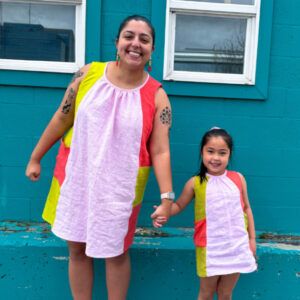
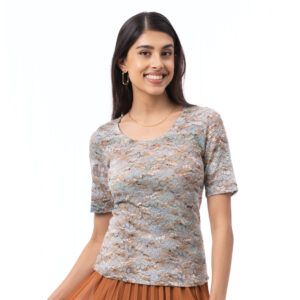

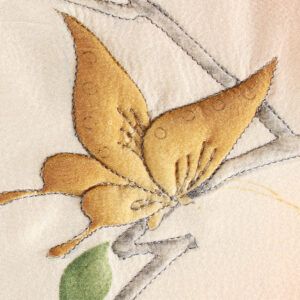
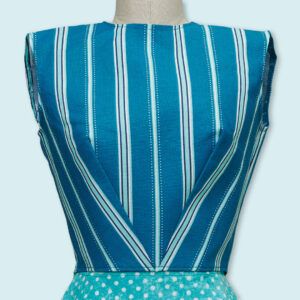
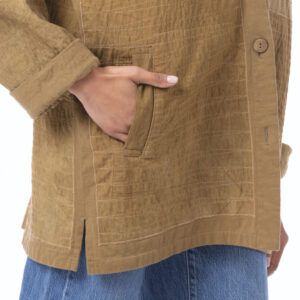

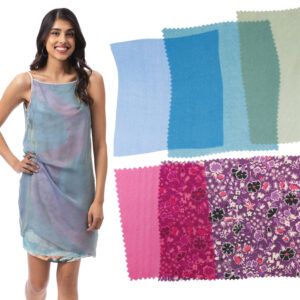
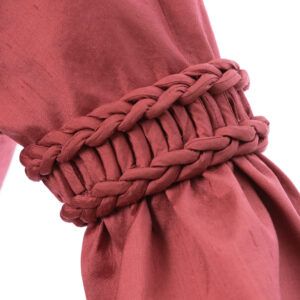
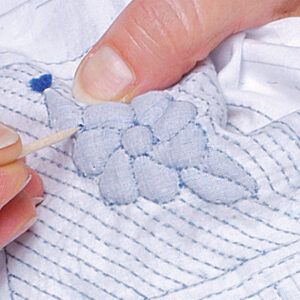
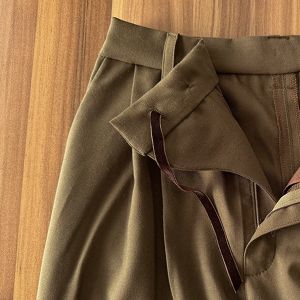

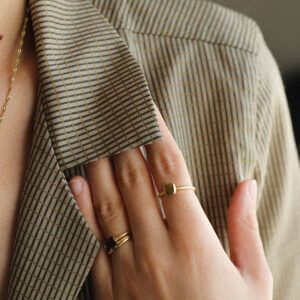
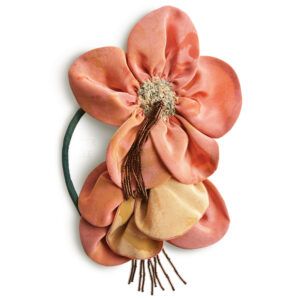
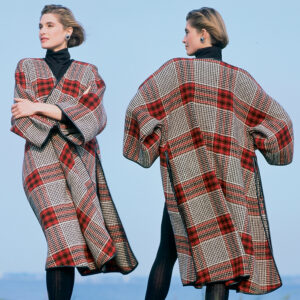
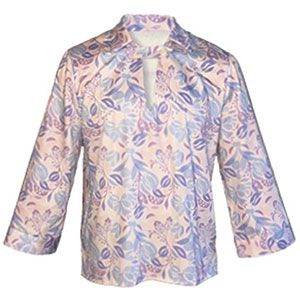










Replies
This is one of those personal design choices where you evaluate your fabric and style and the look you want. Since you said you can't make up your mind that is not a very helpful statement I just made, is it! Well, lighter fabrics and smaller buttons lend themselves to vertical buttonholes as in light silk and cotton blouses. Heavier fabrics and larger buttons tend to call for horizonal buttonholes as in jackets. Small inobtrusive buttons on taffeta would probably look great with vertical buttonholes. If you are using larger decorative buttons then be sure to have enough interfacing support to hold them up and consider horizontal buttonholes.
Don't let doing buttons get you down! Set up your system of measuring and placing and follow it diligently and you can work your way out of hating it.
Generally, horizontal buttonholes on shirts and blouses without a band
(like a man's dress shirt), vertical buttonholes on a blouse or bandless shirt. IME, it's best if you decide on buttonhole placement and button size before you cut the shirt/blouse, so you can adjust the pattern's overlap if you need to.
If you detest buttonholes (I had no good way to make them except by hand for many years), you might look into some other methods of making
"buttonholes" An easy one, for instance, is to fold the overlap back
along the CF line, then cut another strip of fabric twice the width
of the extension, plus two seam allowances. Interface the CF fold line on the inside, and the overlap piece. Sew the overlap piece to the CF, leaving breaks in the stitching line wherever you need a buttonhole. Finish the overlap strip, and you're done.
You might also want to try making buttonholes by hand sometime. A quick and dirty method for marking your handwork area is to mark the
buttonhole placement points and lengths, and then stitch a box
around them with a small straight stich, making the box just a little
smaller than the finished buttonhole will be. Cut the buttonhole and
work the buttonhole stitches by hand, using the stitched box to make
sure your stitches are the same length. (The "leg" of the buttonhole
stitch goes just beyond your stitched box.)
Personally, even with a machine that does nice buttonholes now, I still find it faster to do a few buttonholes on "difficult" fabrics
by hand, rather than all the testing to set up the machine to do
perfect buttonholes on that fabric.
Edited 9/16/2004 1:40 pm ET by kay
This post is archived.